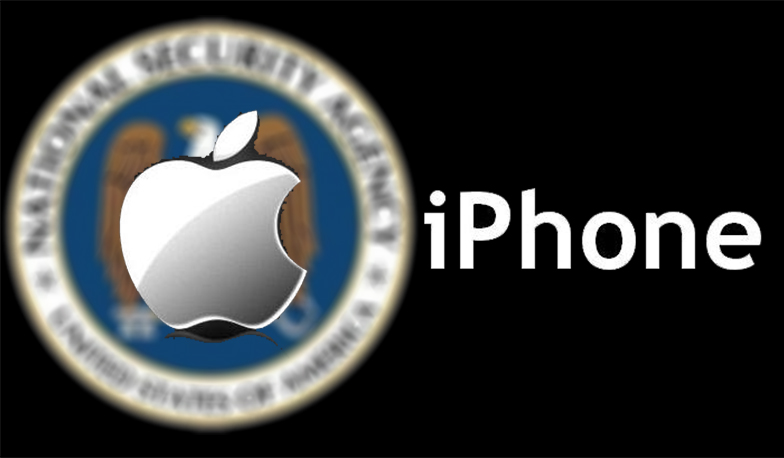
Advertisement
(Cyberwar.news) In recent days the FBI’s director, James Comey, has defended the Justice Department’s intent to legally force Apple to provide the agency with technology that will enable it to access the iPhone of one of the San Bernardino terrorists, saying information on that phone could be vital to its investigation of the attacks.
Apple has countered that complying with the order would mean two things: A compromise of the company’s pledge to customers to protect personal data on their devices; and the beginning of a slippery slope that would result in the federal government essentially ignoring the Fourth Amendment’s privacy protections whenever it wanted.
The government has denied the latter, repeatedly, with Director Comey going so far as to say the agency isn’t looking to establish a precedent, only serve justice.
“The San Bernardino litigation isn’t about trying to set a precedent or send any kind of message,” James Comey said in a post Sunday night on the Lawfare blog. “It is about the victims and justice.”
Turns out that Apple was the more correct party in this dispute.
As reported by The Atlantic, it seems as though the FBI’s search is much broader. According to court documents unsealed this week, the iPhone 5c that belonged to dead terrorist Syed Farook and which is at the center of the dispute between Apple and the Justice Department is just one of a dozen or so devices the FBI wants to access.
The Atlantic reported further:
In a letter addressed to a federal judge in New York, a lawyer for Apple said that federal law enforcement has recently requested that the company access information on 12 other iOS devices. The list is likely not a complete tally of the FBI’s requests, and does not include similar requests from state or local police.
The letter, sent last week, came just a day after a federal judge in California ordered Apple to assist the FBI in unlocking the Farook phone, which actually belongs to the county; he was a public health inspector and was issued the phone for business.
The Justice Department submitted the letter to a federal court in Brooklyn, where Apple and the FBI are currently battling over a less dramatic version of the San Bernardino fight. In Brooklyn, the FBI has said it wants Apple to assist in retrieving data from a locked iPhone with an outdated operating system; in San Bernardino, the bureau is asking Apple to modify software in a newer phone so that agents can hack their way in.

Technically, Apple can fulfill both demands but is so far resisting out of privacy concerns.
What’s more, all dozen requests were filled under provisions of a 1789 law known as the All Writs Act, which has been used before to force a traditional landline phone service provider to assist the FBI in conducting wiretaps, The Atlantic reported. The federal judge in Brooklyn, however, has expressed some doubt as to whether the act applies to locked iPhones.
“Here’s why this all matters: These 12 pending requests—and probably many more that didn’t make the list—are a logjam waiting to break,” the magazine reported. “If the federal judge in the San Bernardino case sides with the FBI, it would be much easier for the judges overseeing these other, similar cases to compel Apple to comply.”
And then, the proverbial floodgates would open because the cases would set judicial precedent other federal judges would likely follow. Only the Supreme Court could stop such searches, and with the court evenly divided ideologically following the death of Associate Justice Antonin Scalia, a constitutional originalist, there is no telling how it might rule.
Apple lawyers, led by Ted Olsen, a former solicitor general under President George W. Bush, maintain the case isn’t about a single phone but legal precedent. If the company can demonstrate the government is using San Bernardino and its national security implications as a means of breaking through several other stalled cases – even though Comey has said it isn’t about precedence – then a judge might think twice about granting the FBI permission.
There is another way the FBI can “win” as well, so to speak: Bypassing the traditional federal court system and bringing its case to the secretive FISA court, which was established under the Foreign Intelligence Surveillance Act of 1978 as a special court hearing national security cases involving classified data and electronic surveillance. No one gets to “argue” before that court except government lawyers.
Whatever happens, it is clear that Comey’s claims about the FBI not interested in setting precedent appear to be misleading.
See also:
Cyberwar.news is part of the USA Features Media network of sites.
Submit a correction >>
This article may contain statements that reflect the opinion of the author
Advertisement
Advertisements















